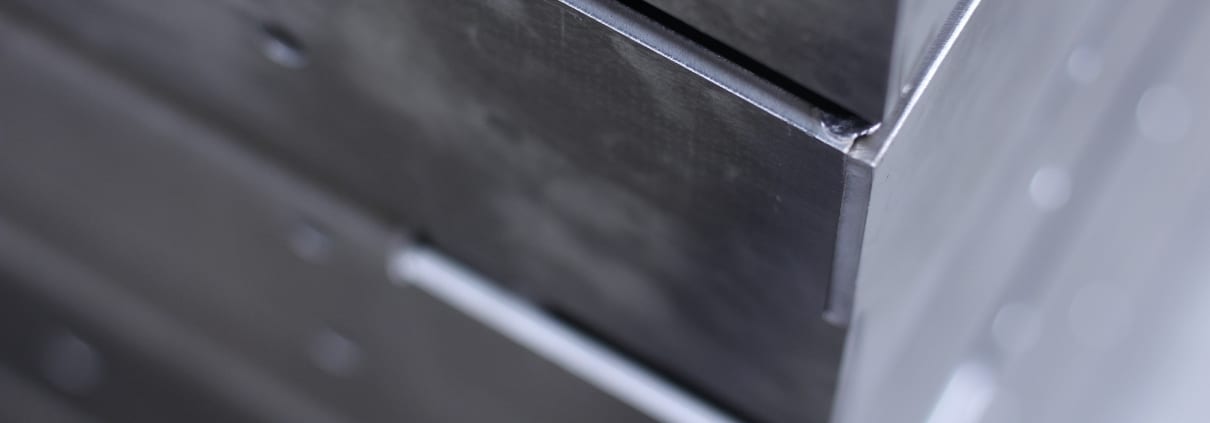When working with a metal fabrication supplier, their commitment to quality can make the difference between a successful product launch and costly delays. Quality takes on a new meaning in the manufacturing world, where specific methodologies and certifications are an indication of process rigor. For example, when you see an ISO certification next to a supplier name, you know they’ve taken steps to prioritize quality.
Quality is a differentiator, especially in time-sensitive metal fabrication projects where issues can arise when you least expect it. It’s the reason manufacturers demand the highest quality standards from their partners. There’s simply too much at stake for a fabrication problem to spoil a launch.
To lower your risk, you should select a supplier that has both the internal quality standards and customer-focused validation services to identify issues before they can impact production. It’s a holistic approach to quality that’s often referred to as “safe launch” protocols.
But how do you know your metal fabrication supplier has what it takes to ensure the success of your next launch? You can start by looking for some of the quality standards and certifications that STAUB Manufacturing Solutions utilizes in our operations.
ISO, PPAP & APQP: What are they and why are they so important?
The International Organization for Standardization (ISO) ISO 9001 2015 certification is literally the industry standard for quality management — a mandatory requirement on most all manufacturer’s supplier checklist. ISO accreditation demonstrates an underlying commitment to quality that ensures your fabrication supplier has followed the requirements needed to “establish, implement, maintain, and continually improve a quality management system (QMS).”
Staub achieved its ISO certification in 2006. As we implemented ISO 9001 requirements, we embarked on a journey to create a quality-first organization that could consistently deliver flawless products by following robust and repeatable quality processes.
To meet this goal and support our customers, we realized that we needed pre-production guardrails to ensure a safe launch. So, we began utilizing the production part approval process (PPAP) developed by the automotive and aerospace industry and built a team around supporting this initiative. PPAP gives our customers the assurance that proper processes and controls are in place and products are fully inspected prior to moving to full production.
At a minimum, we follow a first article inspection (FAI) validation measure to verify that all new or modified production processes will produce parts that conform to the manufacturing specification. Many of our customers require additional levels of PPAP assurance, including product samples, data verification and other means of pre-production validation. Once we meet their defined PPAP requirements, we can move to final production.
But our quality journey didn’t stop there. For our internal processes, we added an advanced product quality planning (APQP) framework to our daily operations. This is common methodology used in automotive and manufacturing industries to ensure product quality and reliability throughout every phase of the production process.
From material selection and production specifications to finishing and packaging requirements, APQP enables us to plan, execute and validate our quality initiatives. Cross-functional teams attend regular APQP meetings to address any issues that could impact quality and focus on exceeding our customers’ expectations.
In 2023, STAUB achieved a 99.80 percent external quality rating — a testament to our commitment to quality via the certifications, processes and methodologies we’ve put in place. But not all metal fabrication suppliers share the same commitment. Be sure you’re aware of your supplier’s capabilities before you entrust them with your next production run. Their quality issues could result in your failure to launch.




